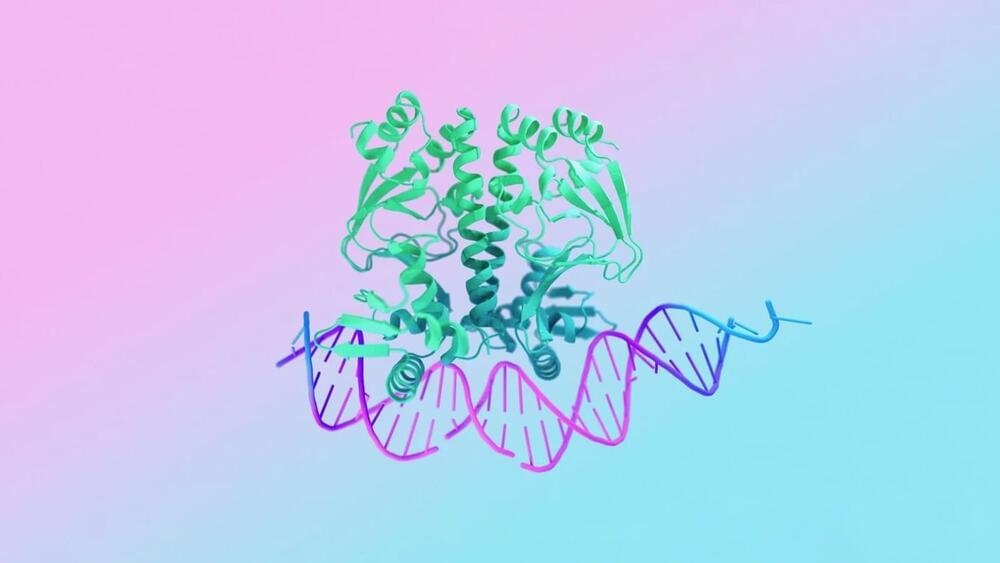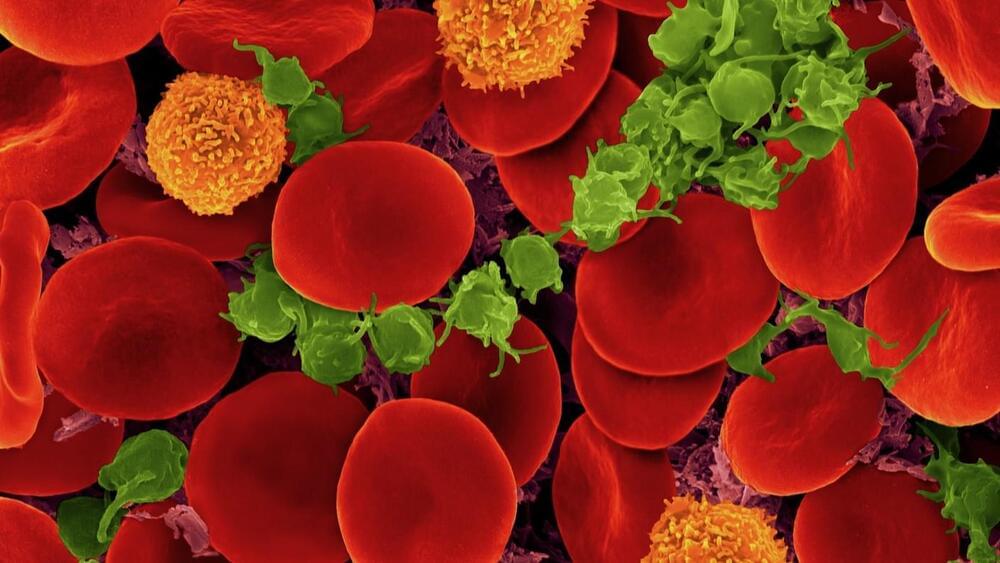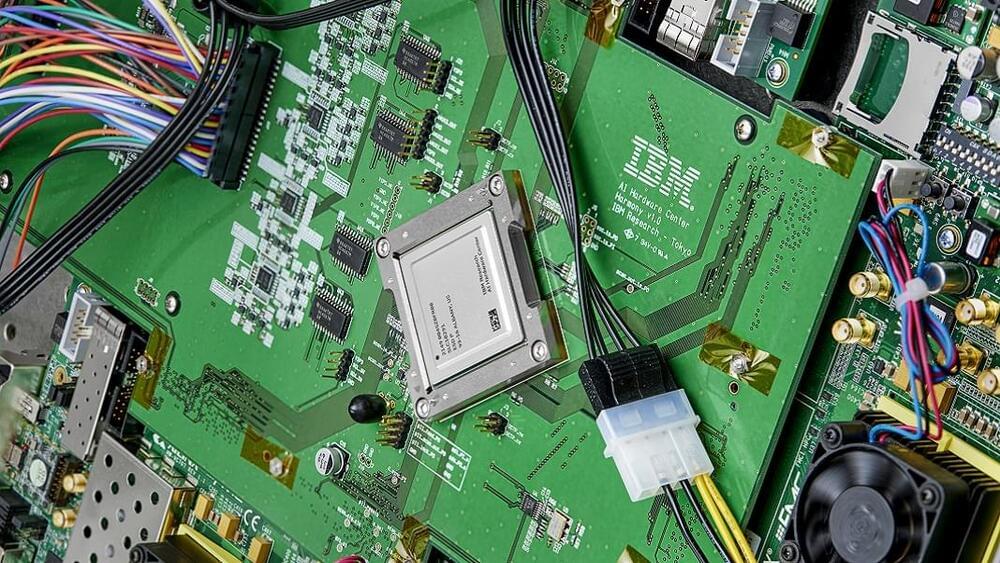May 17, 2024
Quantum Computers Take a Major Step With Error Correction Breakthrough
Posted by Dan Breeden in categories: computing, quantum physics
For quantum computers to go from research curiosities to practically useful devices, researchers need to get their errors under control. New research from Microsoft and Quantinuum has now taken a major step in that direction.
Today’s quantum computers are stuck firmly in the “noisy intermediate-scale quantum” (NISQ) era. While companies have had some success stringing large numbers of qubits together, they are highly susceptible to noise which can quickly degrade their quantum states. This makes it impossible to carry out computations with enough steps to be practically useful.
While some have claimed that these noisy devices could still be put to practical use, the consensus is that quantum error correction schemes will be vital for the full potential of the technology to be realized. But error correction is difficult in quantum computers because reading the quantum state of a qubit causes it to collapse.


















